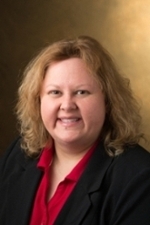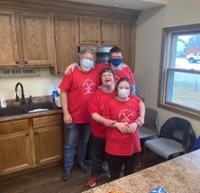The SIUE Masters of Public Administration (MPA) program is the largest graduate program in the College of Arts and Sciences, and the largest MPA program in the region. The program is designed to develop analytical and administrative skills for individuals from diverse backgrounds and career paths that desire to work in public service leadership roles.
Beginning in August, a fully online option for the MPA degree will become available. The program allows for full degree completion in as little as 12 months. Most classes are offered in accelerated 5- or 8- week terms and students will have flexibility in creating a program of study that suits their needs. The MPA program will also continue to offer hybrid/ on campus options to serve new and continuing students.
“We are thrilled to be able to offer this fully online degree option to our students. Our redesigned and fully online offerings provide a range of knowledge and skillsets to serve both pre-service students and seasoned professionals seeking opportunities for career advancement,” said Nancy Huyck, DPA, associate professor and chair of the Department of Public Administration and Policy Analysis.
The MPA program is fully accredited by the National Association of Schools of Public Affairs and Administration (NASPAA). SIUE’s MPA program is one of only 15 schools to be reaccredited for the full six-year reaccreditation.
Many alumni of the MPA program hold a wide range of positions in the public or nonprofit sector and have furthered their career advancement after program completion. To learn more about the MPA program or apply please visit our website.




